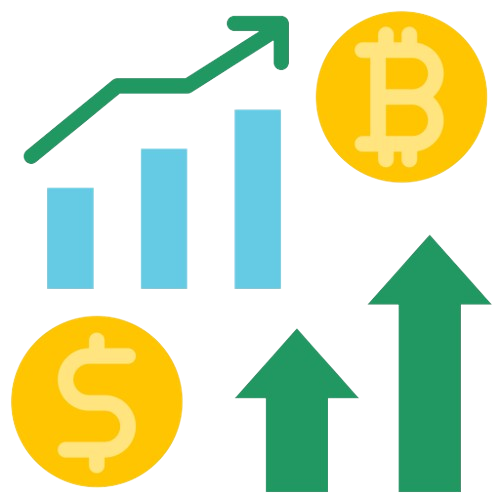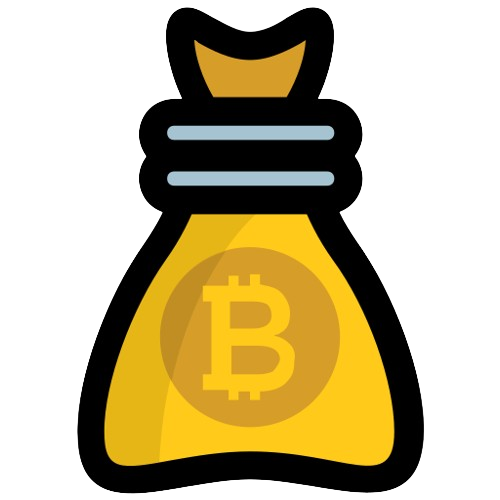
As digital payments expand across commerce channels, consumer privacy diminishes amidst extensive corporate and governmental tracking. Surveillance infrastructure centralizing control over money itself now threatens civil liberties for billions worldwide. In response, Bitcoin wallets leveraging built-in cryptography along with purpose-built “privacy coins” offer enhanced safeguards shielding financial activities from prying eyes.
While Bitcoin already allows pseudonymous transactions resistant to censorship or account freezes, risks still exist of payment flows getting traced back to real-world identities. This is where privacy-focused altcoins like Monero, Zcash, and Dash enter – taking cryptographic anonymity to more advanced levels through clever protocol innovations. When used carefully in conjunction with secure digital wallet apps, consumer privacy strengthens considerably when conducting everyday transactions.
Protecting Sensitive Payment Data
In an era ripe with alarming data breaches, safeguarding sensitive purchase information represents a paramount concern for conscientious consumers and merchants alike. However, most electronic payments transmit extensive metadata around transactions back to payment processors, banks, and credit agencies. Over time, extensive user profiles form reflecting health conditions, religious affiliations, consumption habits, and other intimate patterns without consent.
Fortunately Bitcoin and select anonymity-enhanced cryptocurrencies utilize sophisticated cryptography to conceal transactional details from all third parties. Advanced procedures like ring signatures, stealth addresses, and Zero-Knowledge proofs verify payments without revealing critical specifics that could identify who is paying who, when, or what amount. This puts control back in owners’ hands throughout the entire payment lifecycle.
Resisting Financial Censorship

As cryptocurrency detractors frequently highlight regulatory uncertainties, it is easy to overlook perhaps the most vital capabilities offered by blockchain-based payments – inherent resistance to censorship, seizures or account freezes by authorities. A reality for many within and outside politically unstable regimes.
By eschewing centralized intermediaries, decentralized cryptocurrency networks have no single point of control or failure for officials to target. Combined with privacy coin protections concealing transaction specifics, truly censorship-proof payments materialize allowing the free financial agency to groups frequently finding voices suppressed: activists, journalists, marginalized communities, and more. This presents a powerful countermeasure resisting authoritarian overreach regardless of nationality or creed – a universal financial defense layer strengthening civil liberties worldwide.
Innovations Driving Anonymous Money

Early Bitcoin proponents recognized innate traceability challenges associated with fully transparent transaction ledgers. In response, developers began exploring solutions for hiding payment information using advanced cryptography without compromising the validity proofs required for decentralized consensus and security.
Several anonymity-focused coins now exist using clever tricks to muddy transactional footprints between senders and recipients. For example, Dash mixes payments across shared master nodes, while Monero utilizes one-time “stealth” wallet addresses derived from private cryptographic seeds. Others like Zcash lean on novel proofs called zk-SNARKs allowing shielded verification of payments without revealing specifics – a technique with mathematical elegance.
When carefully implemented, these innovations enable varying degrees of anonymization well beyond the capabilities of legacy financial systems. Best of all continuous peer review by researchers globally helps keep improving privacy protections substantially year after year – a boon for personal liberties.
Conclusion
Without checks, profit-seeking corporate interests and overzealous governments often steer policy down paths compromising civil rights. This trend plays out frequently across money transmittance systems where individual privacy gives way to mass financial surveillance. However, by leveraging decentralized cryptocurrency models enhanced by cutting-edge cryptography, a Bitcoin wallet finally offers responses rebalancing control back to consumers over personal financial data secrets.
With both transparency and privacy simultaneously assured only as appropriate, blockchain payments present a pivotal tool shielding vulnerable groups across repressive political backdrops. Far from abetting illegal activities as critics often allege, anonymity coins like Monero and Zcash extend digital financial defenses for all seeking shelter from authoritarian manipulation. Soon privacy may reign freely across money flows once more.